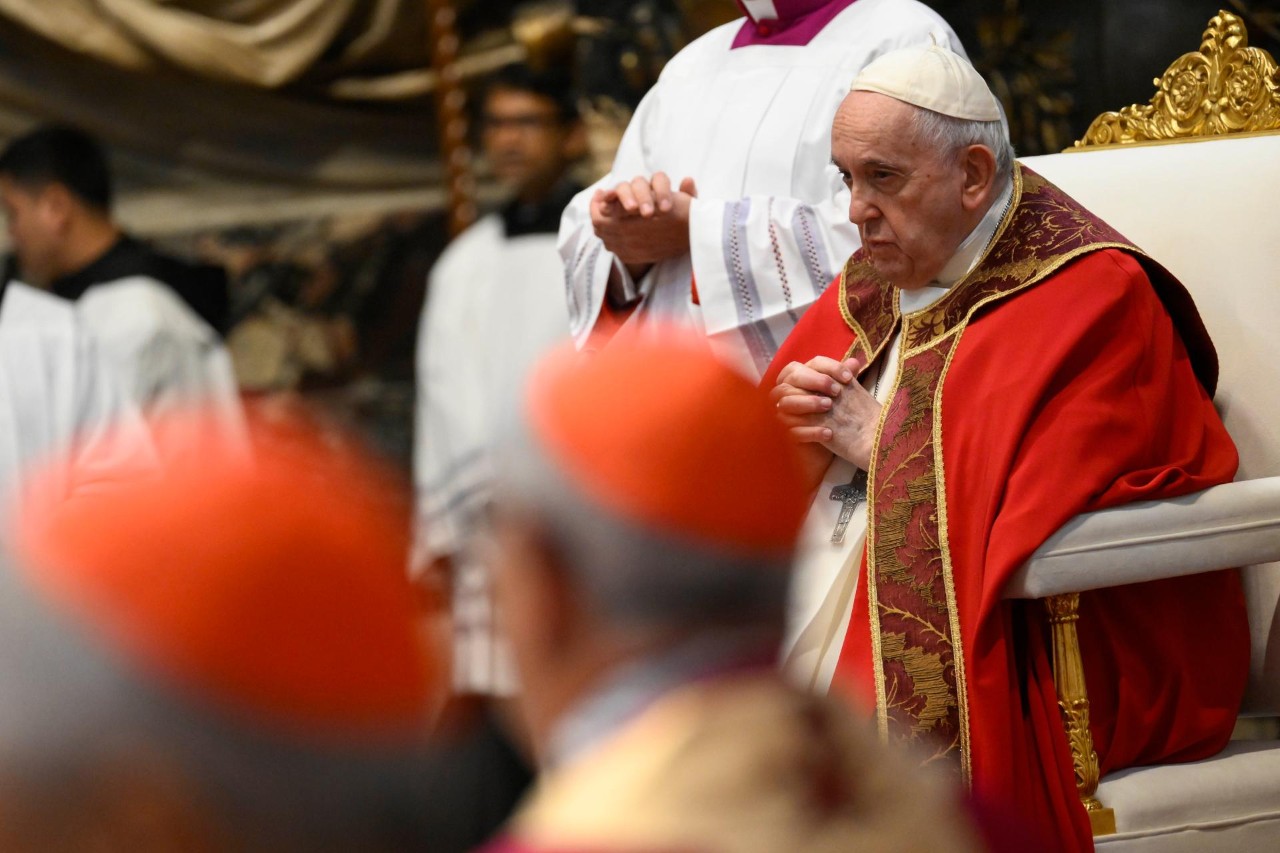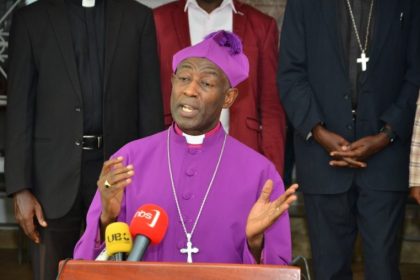The Vatican’s doctrinal office said Thursday that single mothers who have confessed their sins should receive the Eucharist.
The guidance, which was approved by Pope Francies and signed Wednesday by Argentine Cardinal Victor Manuel Fernandéz of the Vatican’s Dicastery for the Doctrine of the Faith, was in response to an inquiry from the Dominican Republic’s Bishop Ramón Alfredo de la Cruz Baldera.
The bishop asked the Holy See to clarify its teaching for women who “abstain from communion out of fear of the rigorism of the clergy and community leaders.”
Fernández wrote that women in such a situation who “have chosen life and who lead a very complex existence because of this choice should be encouraged to have access to the healing and consoling power of the sacraments.”
Fernández cited a 2012 homily from Pope Francis when he was cardinal archbishop of Buenos Aires and still known as Jorge Bergoglio.
“There are priests who do not baptize the children of single mothers because [the children] were not conceived in the sanctity of marriage. They are the hypocrites of today,” Bergoglio said at the time.
“They have clericalized the Church. They turn God’s people away from salvation. And that poor girl who could have sent her child back to the sender but had the courage to bring him into the world goes on pilgrimage from parish to parish to have him baptized.”
The Dicastery for the Doctrine of the Faith advised that “pastoral work” should be done in local churches to ensure that single mothers who have confessed their sins are not considered ineligible to receive the Eucharist.
Referencing the story of the woman caught in adultery in the Gospel of John, the Vatican noted Jesus Christ’s emphasis that she “sin no more.”
“Certainly, Jesus always invites us to change our lives, to respond more faithfully to God’s will, and to live with greater dignity,” Fernández wrote. “However, this phrase does not constitute the central message of this Gospel pericope, which is simply the invitation to recognize that no one can cast the first stone.”
“For this reason, Pope Francis, referring to mothers who must raise their children alone, reminds us that ‘in such difficult situations of need, the Church must be particularly concerned to offer understanding, comfort, and acceptance, rather than imposing straightaway a set of rules that only lead people to feel judged and abandoned by the very Mother called to show them God’s mercy,'” Fernández added.
Fernández urged the necessity of remembering Pope Francis’ emphasis on what he described as “the feminine and maternal face of the Church.”
“[The pope] denounced the ‘machismo and dictatorial attitudes’ of those ministers who ‘go too far in their service and mistreat the people of God.’ It is up to you to ensure that this type of behavior does not occur in your local Church,” he said.
The guidance from the dicastery is the latest in a series of recent clarifications to Catholic doctrine in response to “dubia” or questions from bishops worldwide.
The Christian Post









